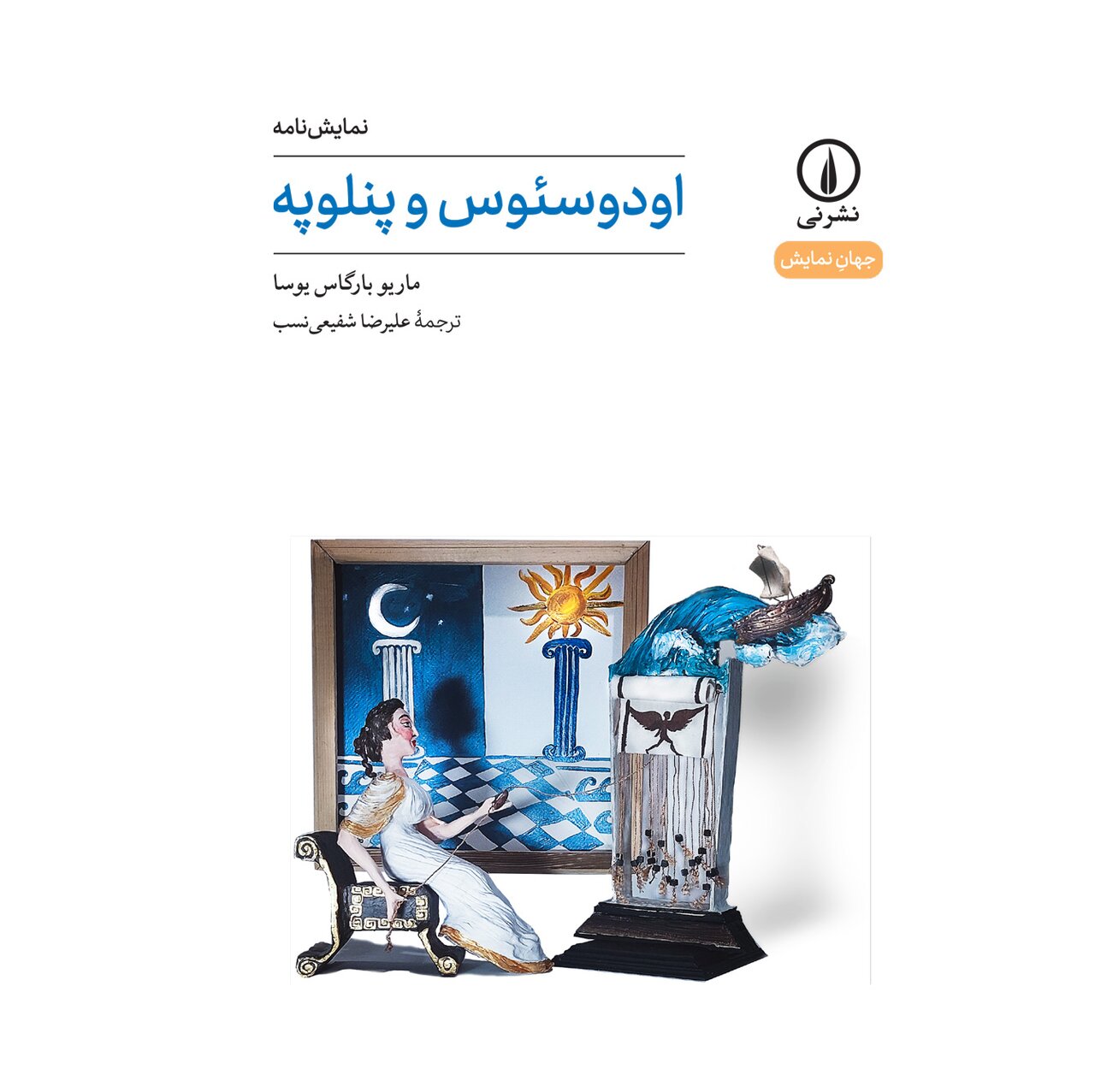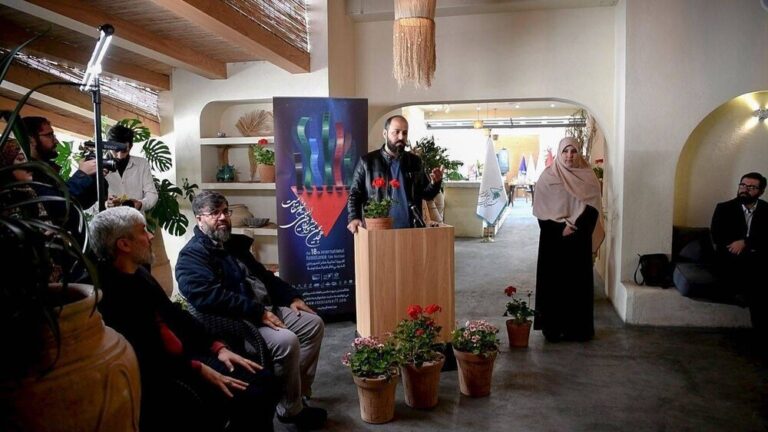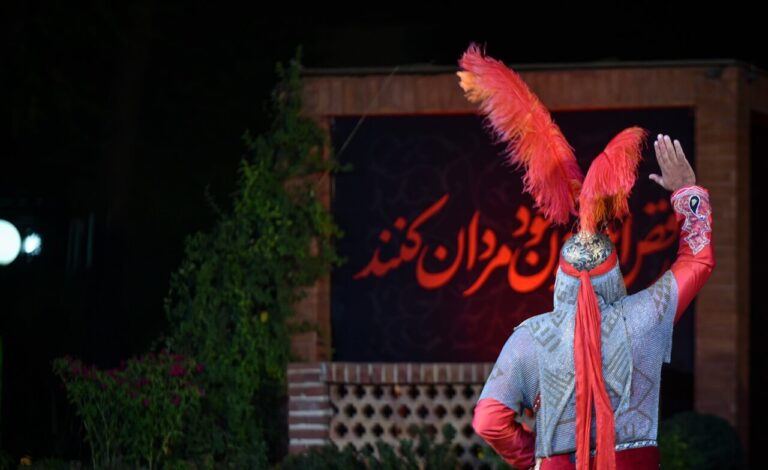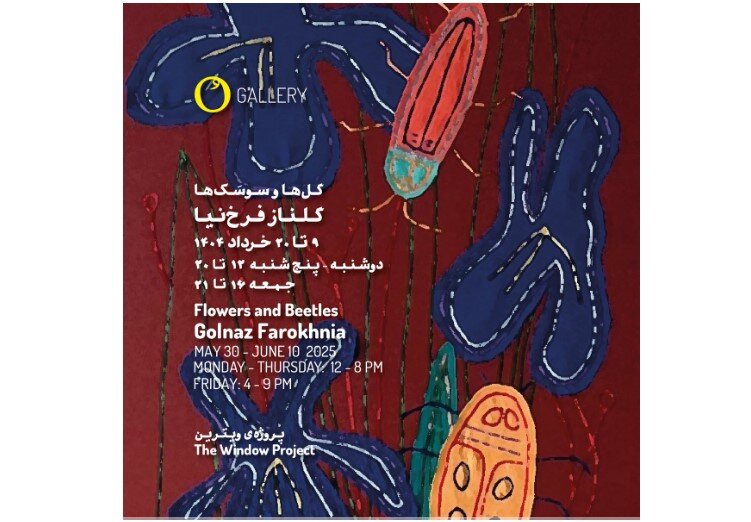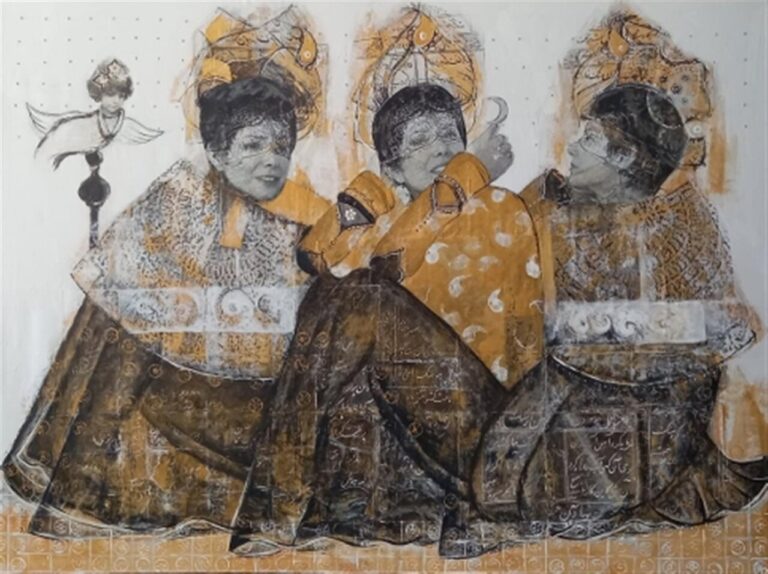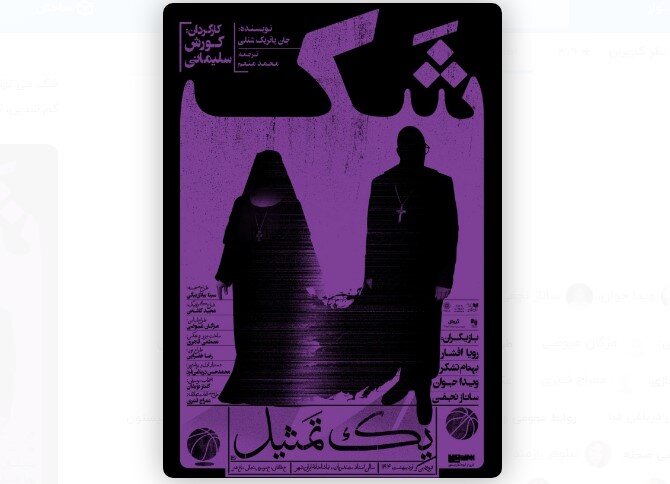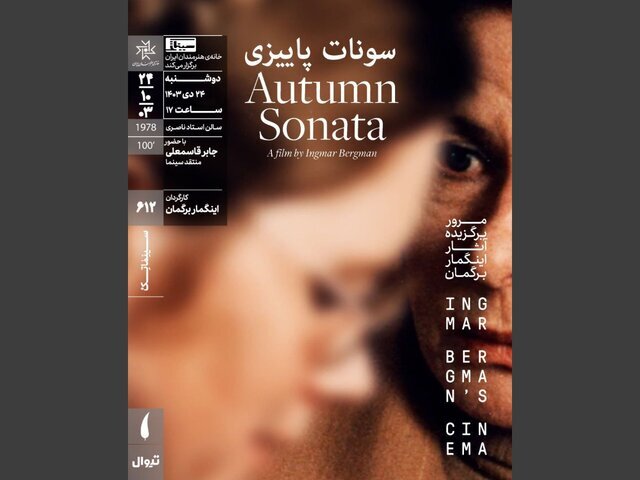Discover the Persian Edition of Mario Vargas Llosa’s ‘Odysseus and Penelope’
In a remarkable literary event, the Persian translation of the play “Odysseus and Penelope,” authored by the celebrated Peruvian writer Mario Vargas Llosa, has recently hit the shelves in Iranian bookstores. This new translation, skillfully rendered into Persian by Alireza Shafieinasab, comes from the renowned Ney Publishing House in Tehran. Originally published in 2007, this play continues to captivate audiences with its exploration of timeless themes.
The play delves into the enigmatic experiences of Odysseus, raising intriguing questions about the nature of his adventures. Did Odysseus truly experience the remarkable tales he recounted to the mesmerized Phaeacians at King Alcinous’s court? The answer remains elusive. His extraordinary memory and storytelling prowess might have enhanced his reputation as a man of action. Alternatively, he could have been a masterful trickster, a pioneer among literary fabricators whose enchanting tales sometimes blur the line between reality and fiction, captivating readers with their seductive charm.
About Mario Vargas Llosa
Mario Vargas Llosa (1936-2025) was not only a prolific Peruvian novelist but also a journalist, essayist, and politician. He is regarded as one of the most significant Latin American novelists and essayists, earning a prominent place among the leading writers of his generation. Critics often argue that his international impact and the breadth of his readership surpassed that of any other writer from the Latin American Boom.
In 2010, Vargas Llosa was awarded the Nobel Prize in Literature for his insightful examination of power dynamics and his vivid portrayals of individual resistance, rebellion, and defeat. His literary journey began in the 1960s when he gained global recognition for groundbreaking novels such as:
- The Time of the Hero
- The Green House
- Conversation in the Cathedral
With a diverse portfolio, Vargas Llosa’s writing spanned multiple genres, including:
- Literary criticism
- Journalism
- Comedies
- Murder mysteries
- Historical novels
- Political thrillers
Throughout his illustrious career, Vargas Llosa received numerous accolades, including the Rómulo Gallegos Prize in 1967 and the Prince of Asturias Award in 1986. His works not only reflect the complexities of human nature but also serve as a mirror to society, exploring themes of power, identity, and existential challenges.
The release of “Odysseus and Penelope” in Persian marks a significant addition to the literary landscape in Iran, enabling readers to engage with Vargas Llosa’s profound insights and masterful storytelling. Such translations bridge cultural gaps and offer a glimpse into the rich tapestry of Latin American literature.
Moreover, Vargas Llosa’s ability to weave intricate narratives that resonate with universal themes makes his works timeless and relevant. His exploration of the human condition, coupled with his lyrical style, continues to inspire readers and writers alike.
As readers delve into the pages of “Odysseus and Penelope,” they not only encounter the legendary figures of Odysseus and Penelope but also embark on a journey through the intricate layers of love, loyalty, and the passage of time. The play invites contemplation on the nature of truth and fiction, challenging audiences to reflect on their perceptions of reality.
In conclusion, the Persian translation of “Odysseus and Penelope” stands as a testament to Mario Vargas Llosa’s enduring legacy. As one of the most influential voices in contemporary literature, his works will continue to be celebrated and cherished for generations to come. This translation not only enriches the Iranian literary scene but also serves as an invitation for readers to explore the depth and nuances of a master storyteller.
